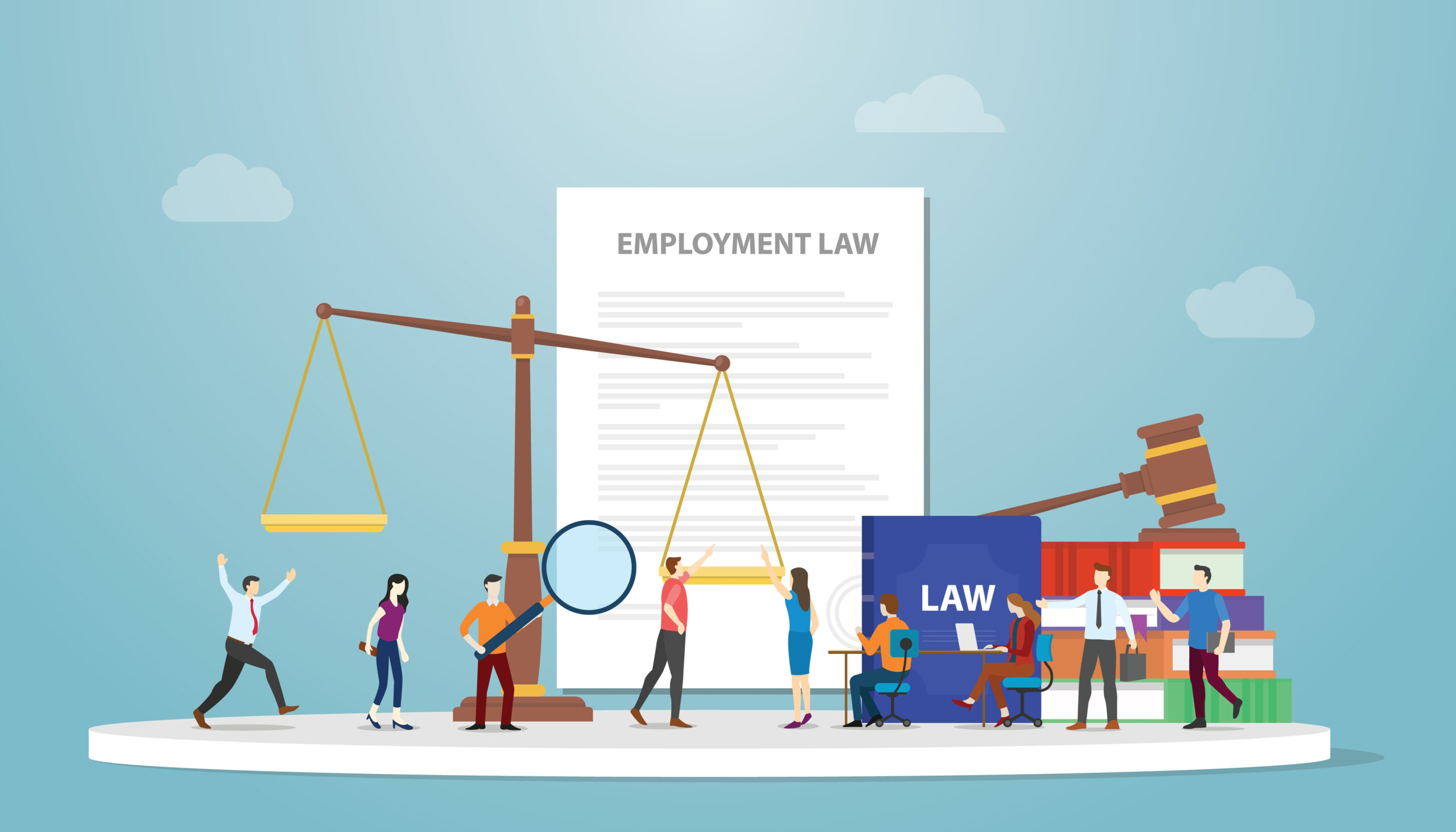So, you believe your employer committed labor law violations and want to file an employment lawsuit. But how do you win an employment law case? Understanding what types of evidence you can use – and how to gather it – can help you obtain the best outcome in your case.
Examples of labor law violations include:
- Engaging in workplace harassment, sexual or otherwise, and creating a hostile work environment;
- Discriminating against employees based on age, race, sex, or another protected characteristic;
- Refusing to allow employees to take breaks they’re legally entitled to;
- Failing to pay employees for working overtime;
- Threatening to retaliate against employees for reporting labor law violations;
Note: You should work closely with your attorney when gathering evidence to ensure you don’t violate privacy laws or engage in behavior that could hurt your case. At Wilshire Law Firm, we connect clients with industry experts who can help identify and gather evidence that maximizes our clients’ winnings.
#1: Emails Showing Labor Law Violations
Emails play an essential role in most companies today. Platforms such as Outlook and Gmail offer employees and supervisors a way to communicate with each other and schedule meetings. Emails also tend to show up as evidence in modern employment law cases, often as evidence of a labor law violation.
Common types of emails displayed during employment law cases include:
- A supervisor committing sexual or quid pro quo harassment by propositioning a current or potential employee via email;
- A co-worker or supervisor committing workplace harassment or discrimination in an email, such as using slurs against a protected class;
- A supervisor admitting to violating safety standards via email, such as refusing to comply with COVID-19 vaccine mandates for workers or failing to meet other safety guidelines;
- A record of communications showing that an employee worked overtime and was not paid for it with the supervisor’s knowledge, or did not receive a break they were entitled to;
- Emails proving an employer retaliated against an employee or wrongfully terminated them. For example, emails complimenting an employee’s work could counteract claims that they were terminated for poor performance;
- A supervisor threatening an employee for filing a complaint or taking legal action over labor law violations;
- Emails indicating an employee reported labor law violations to Human Resources, and those complaints went unaddressed.
Notably, email evidence isn’t necessarily limited to the employee filing the suit and their employer. If other witnesses are willing to come forward and testify on behalf of the employee, they could also offer email evidence. This is important, since a supervisor may admit they violated labor laws to another employee, but not the one filing a case against them (for example, admitting to another supervisor that they fired an employee as retaliation for filing a workplace harassment complaint).

Can I Keep Employer Emails?
As a general rule of thumb, any email displaying confidential or proprietary information about an organization – internal email addresses, phone numbers, etc. – should not be downloaded or saved without taking the appropriate legal measures.
If you believe you have access to email evidence that could help your case, speak with your attorney. They can issue a letter of retention to your employer on your behalf, preserving incriminating emails for use as evidence in your case.
#2: Calls and Texts from Your Employer
Frequently, employers who know they’re violating labor laws will use a less formal method of communication – such as texts or phone calls – to admit fault or issue orders they know are illegal.
While texts and phone recordings may make for great evidence, California has strict privacy laws. If you engage in a confidential conversation with another person, you must have their consent before recording them or sharing details with a third party. Like emails, you should speak with your attorney if you know your employer may admit to illegal behavior via text or phone, or if you want to preserve already-existing text messages. This rule of thumb also applies to messages sent through other private messaging platforms, such as Twitter, Facebook Messenger, Slack, or Microsoft Teams.
Your attorney can help you preserve evidence without violating any privacy laws.

#3: Witness Statements from Other Employees
If a co-worker or supervisor is willing to come forward and testify on your behalf, that testimony could play an invaluable role in helping you secure the best outcome for your case. Ask trusted colleagues whether they would be willing to help prove your case and, if so, connect them to your attorney.
#4: A Record of Formal Complaints
In most cases, employees should make a formal complaint about labor law violations to their organization’s Human Resources department before filing a legal suit or complaint. Filing a complaint allows the organization to address the issue and provides the employee with a paper trail they can use as evidence if the organization doesn’t take the right steps to counteract illegal behavior.

#5: Photo & Video Evidence of Labor Law Violations
In some cases, evidence of illegal behavior is present in the workplace. For example, a comic strip making fun of a protected class or characteristic taped to the outside of a cubicle could act as evidence of a hostile work environment. Similarly, employer-posted notices in locations like breakrooms that violate labor laws by ordering employees to act unsafely, avoid discussing pay, work through breaks, or otherwise act against labor laws can be powerful evidence.
In cases where an employee believes surveillance video may have captured illegal acts, such as showing employees working through breaks, staying after hours without pay, or displaying acts of harassment, video evidence may also be invaluable.
As with other types of evidence, your attorney can help you document and preserve evidence for use in your case. To schedule a consultation with our team and work with an attorney who will champion your rights, contact us online or give us a call at (800) 301-5011











